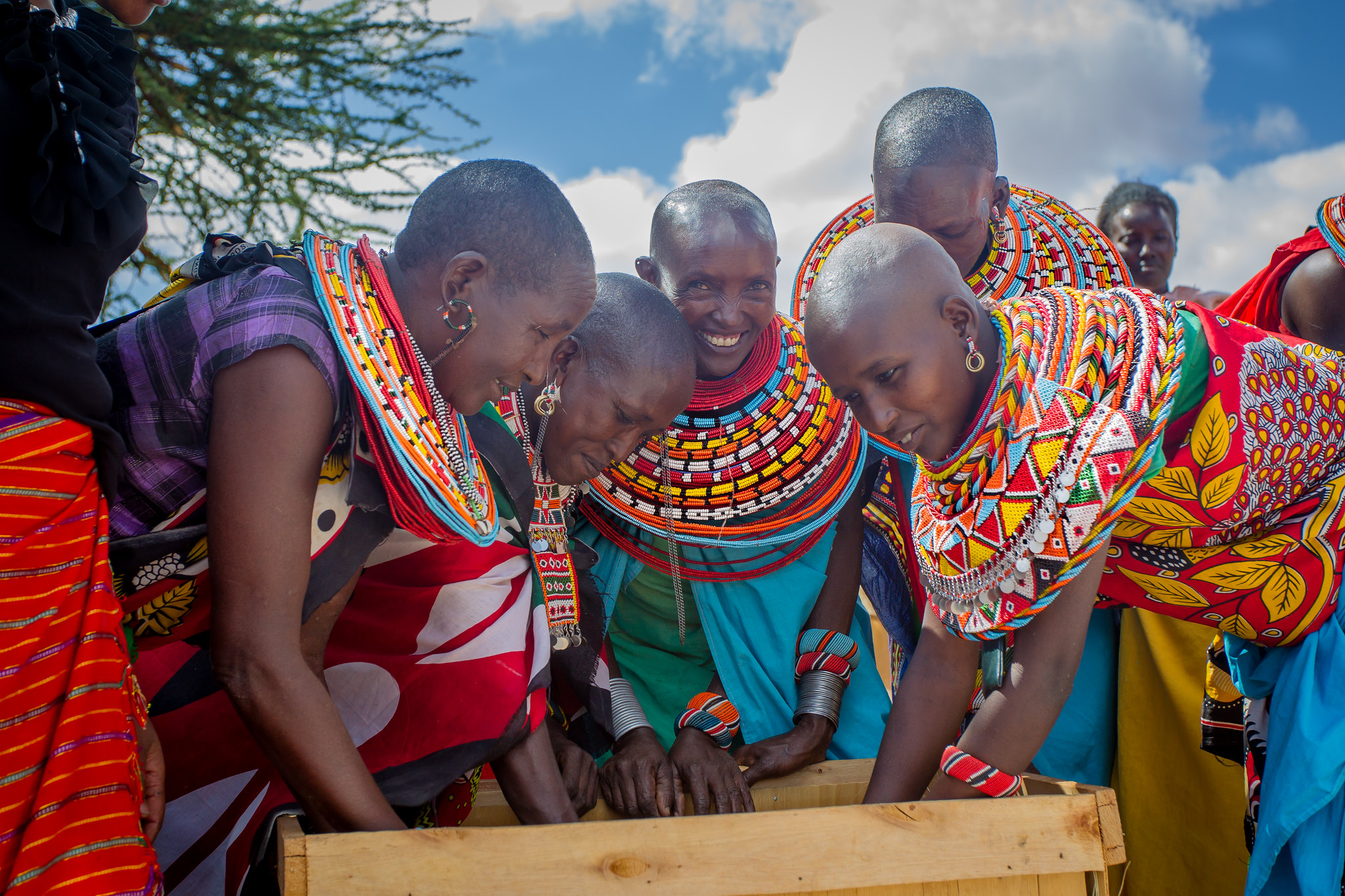What is the HoRN Resilience Network?
The Horn of Africa Resilience Network (HoRN) supports USAID’s objective to strengthen regional and cross-national collaboration and improve evidence-based resilience programming. The HoRN network includes national governments and regional institutions such as the Intergovernmental Authority on Development (IGAD), development partners and other donors. It supports USAID’s mission to end extreme poverty and promote resilient, democratic societies that feature broad-based economic growth, healthy, well-nourished, and educated populations, and environmental sustainability.
Objectives of the HoRN Learning Network
- Foster a common understanding of what is meant by resilience and resilience programming.
- Demonstrate the value of resilience programming in mitigating the effect of shocks and recovery from them, and its role in the Journey to Self-Reliance.
- Identify successful strategies and enabling conditions to build resilience and lessons learned.
- Identify the linkages between resilience and economic growth.
Why Resilience in the HoRN Region?
Africa’s drylands are vibrant centers of livestock trade and mobility, with populations renowned for their ability to survive in harsh environments. Despite their adaptability, however, worsening conditions have challenged even their survival skills. For a region like the Horn of Africa, resilience has profound implications for development programming. Over the last decade, international donors have spent roughly $90 billion in just nine countries with large dryland areas, accounting for almost 50 percent of all humanitarian assistance in the world during this period.
While we cannot stop natural disasters from happening in dryland areas, we must do more to help people withstand them. Building resilience to recurrent crisis is a priority for USAID, governments, donors, and a wide array of partners in the wake of large-scale humanitarian emergencies in the Horn of Africa. Our efforts contribute to reduced vulnerability and more-inclusive growth. Our programs increase adaptability, reduce risk, and improve social and economic conditions of vulnerable populations. We help such communities transition from being recipients of emergency relief to having the capacity to prepare for and recover from shocks, such as drought.
More recently, evidence-based learning and adaptive management have been used to inform programming and are now integral to USAID’s approach to resilience. Learning and adaptation are particularly important in areas affected by recurrent crises where change is a constant feature of the environment, the communities, and families.
Why the HoRN Learning Knowledge Hub?
The HoRN Learning hub is an invaluable source of expertise and information for community organizations, development program implementers, research and academic institutions, bilateral missions, national and local government offices, and donor organizations working to prepare for, respond to, and recover from natural shocks and stresses in the Horn of Africa.
With various donor organizations and governments working to build resilience of local communities through critical interventions, collaboration, learning and adapting is key among all the stakeholders involved to break traditional silos. Organizations need to be able to package knowledge management analytics in forms that are accessible, practical, and/or applicable for evidence-based decision making.
This learning hub connects program implementers, academic, research and government institutions across the region to share global best practices that could be applied locally to enhance resilience programming in the HOA. It serves as the foundation for building networks, learning and a more comprehensive vision of how challenges can be addressed more effectively through partnerships. Providing a platform for learning, the hub documents successful strategies, enabling conditions, and policies for strengthening resilience, as well as lessons learnt from previous interventions. It is also designed to initiate interaction and dialogue among stakeholders on evidence-based strategies for enhancing resilience in the Horn of Africa.
